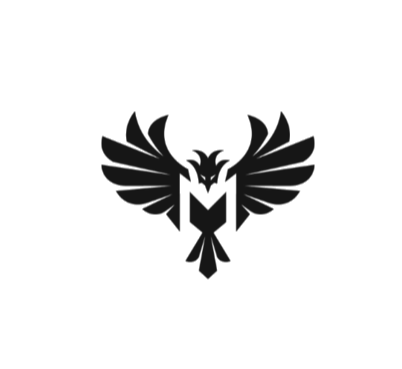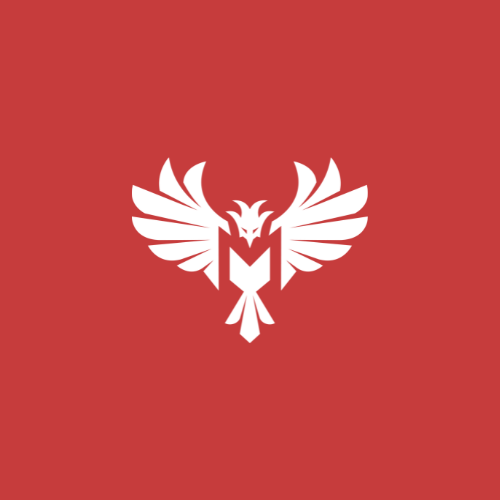Shukran (شكراً): The Classic “Thank You”
What it means: “Thanks.”
When to use it:
- In formal contexts.
- With strangers (shops, taxis, cafés).
- Anytime you want to sound polite but neutral.
Example:
- Customer: Shukran ktir (Thank you very much).
- Shopkeeper: Ahla w sahla (You’re welcome).
Tip: Add ktir (very) for extra emphasis.
How to Say 'I Love You' in Lebanese Arabic
Yeslamo (يسلمو): The Everyday Favorite
What it means (literally): “May your hands be blessed.”
How it’s used: The go-to casual “thank you” among Lebanese.
- Receive food? → Yeslamo.
- Someone gives you directions? → Yeslamo.
- A friend hands you coffee? → Yeslamo.
Example Dialogue:
- Friend A: Jibtelak man’ousheh. (I brought you man’ousheh.)
- Friend B: Yeslamo, kteer 2alebek. (Thanks, you’re so thoughtful.)
Yeslamo is warm, casual, and what most Lebanese actually say day-to-day.
Tekram 3aynak (تكرم عينك): The Generous Response
What it means: “May your eye be honored.”
When used: Often as a response to “thank you,” or to offer help generously.
- Someone thanks you → you reply tekram 3aynak.
- Someone asks a favor → you say tekram to mean “of course.”
Example:
- Person A: Shukran kteer 3a l-mosa3adeh. (Thanks a lot for the help.)
- Person B: Tekram 3aynak. (My pleasure.)
Politeness Beyond Words
Lebanese politeness is about more than vocabulary, it’s about tone, gestures, and culture.
- Offering food? It’s polite to insist multiple times.
- Refusing once is expected — but the host will keep encouraging.
- Saying shukran is good, but smiling, making eye contact, and repeating it warmly matters just as much.
Common Mistakes Learners Make
- Overusing Shukran → Sounds stiff if you use it with friends all the time.
- Mixing Dialects → Yeslamo is Lebanese; in Egypt they say shukran more often.
- Literal Translations → Don’t translate “thanks a bunch” into Arabic randomly. Stick to natural forms.
- Forgetting Replies → It’s not enough to thank. Knowing how to say “you’re welcome” (ahlan, ahlein, tekram) completes the exchange.
👉 Related: 8 Common Mistakes in Lebanese Arabic (And How to Avoid Them Like a Local)
Mini Dialogues for Practice
At the bakery:
- You: Baddi khobez, law sama7t. (I’d like bread, please.)
- Cashier: TfaDDal. (Here you go.)
- You: Yeslamo.
Visiting family:
- Aunt: Khaltilek kahwe. (I made you coffee.)
- You: Shukran ktir.
- Aunt: Tekram 3aynak.
With friends:
- Friend: Jibtilak shawarma. (I brought you shawarma.)
- You: Yeslamo, walla inteh ra2am 1. (Thanks, you’re number one.)
FAQ – Thank You in Lebanese Arabic
What is the most common way to say thank you in Lebanon?
Yeslamo is the everyday favorite.
Is shukran wrong in Lebanon?
Not at all, it’s correct, but sounds more formal.
When do I use tekram?
As a warm reply to thanks, or when offering to help.
Are there slangy ways to say thanks?
Yes, friends may use playful variations like merci kteer (from French).
In Lebanon, saying thank you isn’t one-size-fits-all. You’ve got:
- Shukran → polite, formal.
- Yeslamo → warm, everyday.
- Tekram 3aynak → generous reply.
Use them right, and you’ll sound natural, polite, and more connected to Lebanese culture.
Want more everyday expressions like these? 👉 Download my free Lebanese Arabic eBook and get 50+ phrases used in real life.


